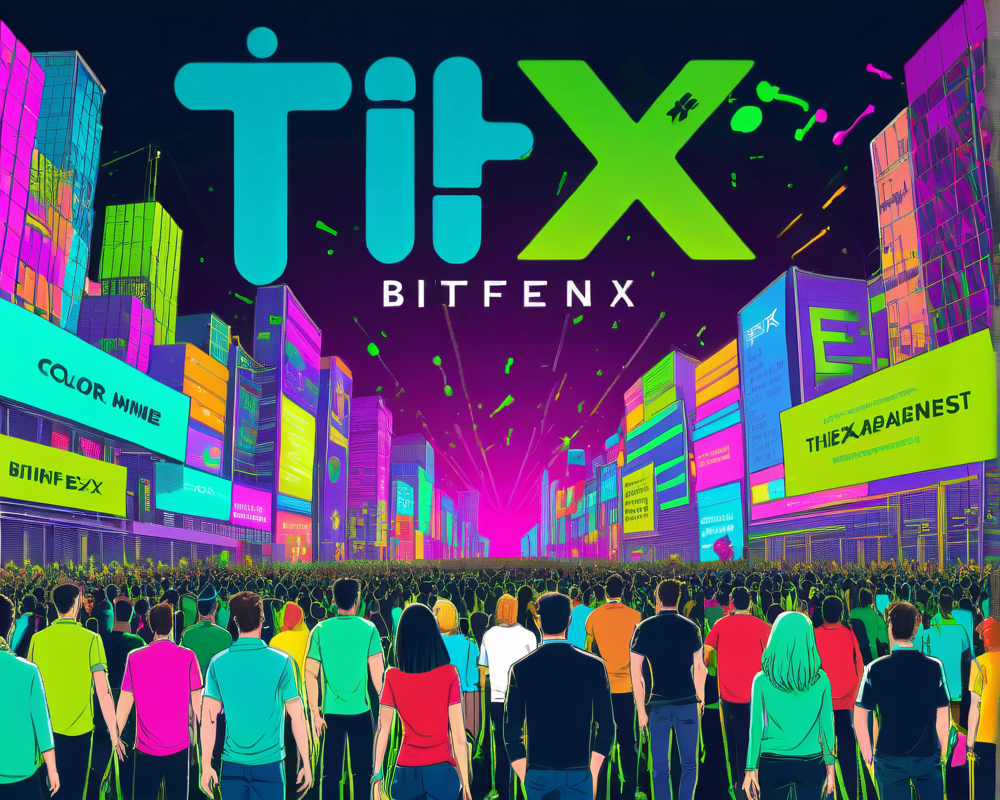What’s Brewing at BitPay?
In a move that has ruffled some feathers in the crypto community, BitPay has announced the inclusion of three new stablecoins: USD Coin (USDC), Gemini Dollar (GUSD), and Paxos Standard Token (PAX). This expansion means businesses can now accept payment in six different cryptocurrencies, which also include Bitcoin (BTC), Bitcoin Cash (BCH), and Ether (ETH). Yup, it seems like BitPay is throwing a stablecoin party – minus the guest of honor, Tether (USDT).
The Stability Proposition
Stablecoins have become all the rage for merchants and businesses who want to keep it steady in the wild world of cryptocurrencies. These coins are pegged to the U.S. dollar, providing a safety net against the notorious volatility that characterizes other cryptocurrencies. CEO Stephen Pair notes that accepting stablecoins paves new pathways for businesses to invoice international clients without those expensive and knotty cross-border wire transfers. It’s like having your cake and eating it too – but without the frosting melting away.
Why Not Tether?
Every party has a pooper, and in this crypto fiesta, Tether is the one on the sidelines. Despite being the most widely traded stablecoin, BitPay has chosen to steer clear of USDT, perhaps dodging drama from the coin’s turbulent past. This raises the question: is BitPay making a bold statement about stability, or simply playing it safe?
Corporate Controversies Under the Microscope
BitPay has had its fair share of controversy this year. From unexpected refusals to process payments for charities, sparking outrage on social media, to a growing concern around its dwindling compatibility with key cryptocurrency wallets, the company has drawn scrutiny like a moth to a flame. Bitcoin developers have even hinted that future client upgrades might render BitPay’s services obsolete. Ouch!
What Lies Ahead?
With the addition of XRP also in the mix, BitPay is clearly working to keep its users happy amidst mounting pressures. Yet, the consistent drawbacks, like payment denial to charitable causes and the questions surrounding its wallet support, can’t be ignored. It begs the question – will they overcome these hurdles, or will it be a steady decline like a crypto bubble bursting?




